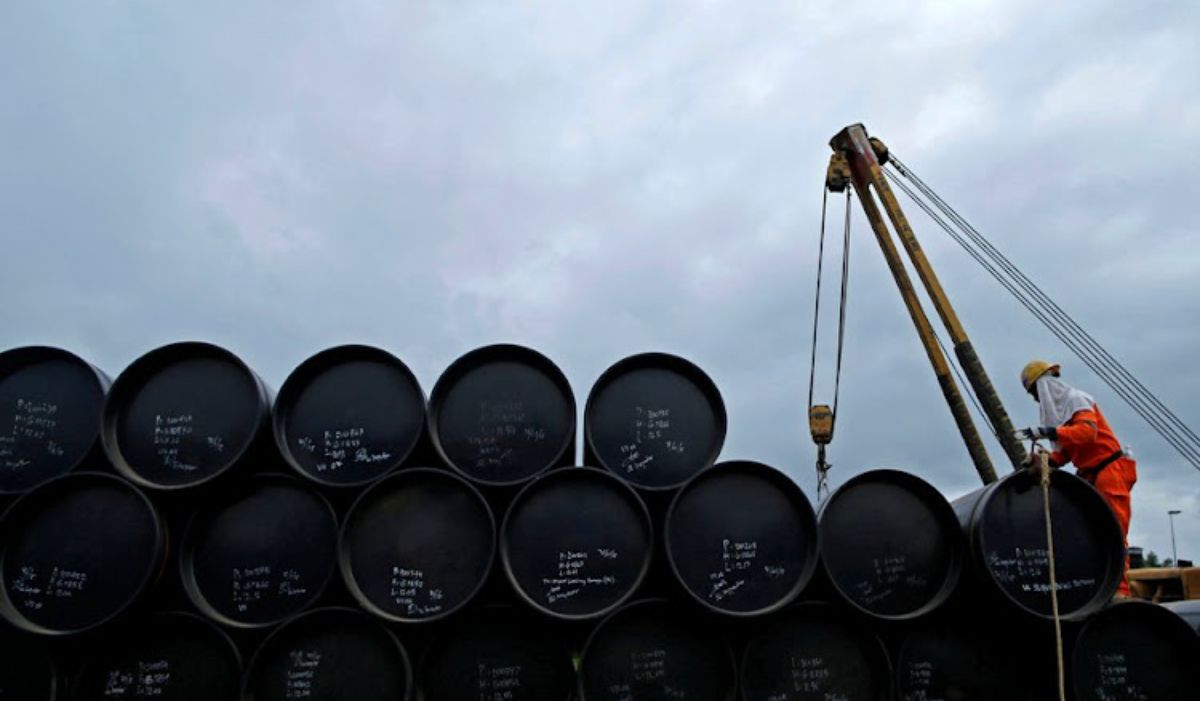Oil Prices Dip as OPEC+ Hikes Output Amid Russia Sanction Fears

Crude oil prices declined on Monday following OPEC+’s decision to increase production output in September.
This announcement came even as global markets remained on edge about potential additional sanctions on Russian oil exports.
On Monday morning, Brent crude futures slid by 85 cents (1.2%) to $68.82 a barrel, while U.S. West Texas Intermediate (WTI) crude dropped 82 cents (1.2%) to settle at $66.51 a barrel. Both benchmarks had previously lost around $2 in value at Friday’s close.
The OPEC+ coalition, comprising the Organisation of the Petroleum Exporting Countries and its partners, agreed on Sunday to raise output by 547,000 barrels per day for September. This marks the latest move in their effort to unwind previous production cuts aimed at stabilising the market during demand shocks.
With this increase, OPEC+ continues its phased reversal of approximately 2.5 million bpd in cuts, representing around 2.4% of global demand.
According to Goldman Sachs, actual incremental supply from the eight nations that have lifted output since March will amount to 1.7 million bpd, as some OPEC+ members have reduced production to compensate for earlier overproduction.
Meanwhile, traders are still assessing the ramifications of the most recent U.S. tariff measures on a wide range of international exports.
Lingering anxiety persists over the possibility of the United States imposing harsher sanctions on Russia. Former President Donald Trump has threatened to implement 100% secondary tariffs on countries that continue purchasing Russian crude, aiming to apply economic pressure on Moscow.
“In the medium term, oil prices will be shaped by a mix of tariffs and geopolitics. Any price jump triggered by energy sanctions is expected to be ephemeral,” Reuters quoted Tamas Varga, an analyst at PVM.
Sources within the trading community and LSEG trade data revealed on Friday that at least two oil tankers carrying Russian crude and originally destined for India have diverted to alternative ports following new U.S. sanctions.
Analysts at ING estimate that about 1.7 million bpd of Russian crude supply could be jeopardised if Indian refiners halt their purchases.
Nonetheless, two Indian government officials told Reuters that India has no immediate plans to stop importing oil from Russia, despite warnings from the United States.





